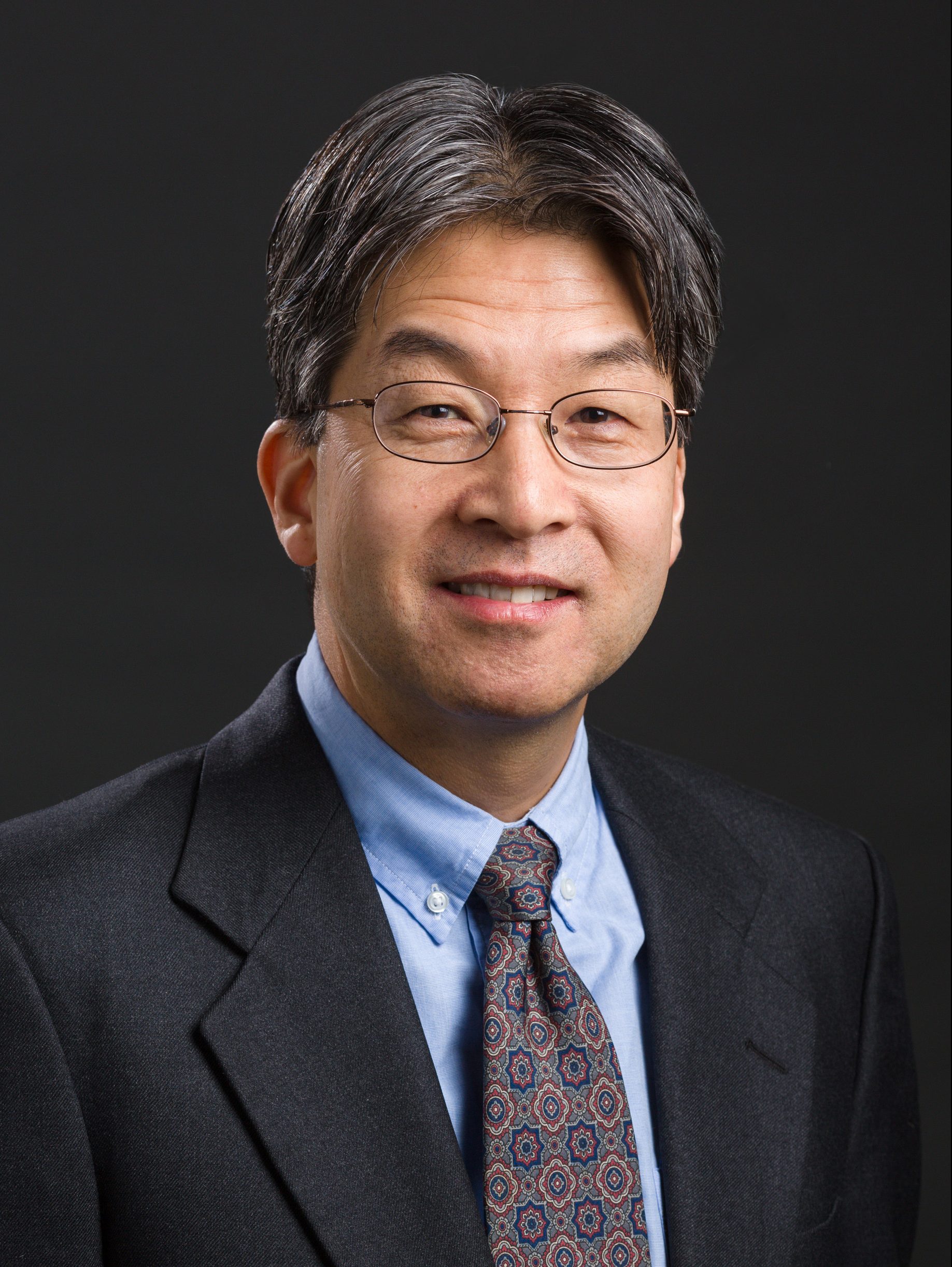Finding the link between poverty and public health
Albert Ko ’81

In April 2020, with covid-19 infection rates surging across the northeastern United States, Connecticut governor Ned Lamont tapped Albert Ko ’81 to cochair the advisory group that would ultimately draft the state’s pandemic response. Ko, chair of the epidemiology department at the Yale School of Public Health, had already served on pandemic committees at the World Health Organization and at Yale. He also had extensive experience facing public health threats—much of that abroad.
“There are a lot of things we don’t usually see in this country that we do see in the developing world,” says Ko, who spent 15 years on the faculty of Weill Medical College of Cornell University working on public health in Brazil. “Diseases that strike the most vulnerable populations. And that require a coordinated response, including mass vaccinations.”
As an MIT undergraduate, Ko studied chemistry and life sciences and planned to work toward a PhD. His father, Yung Hoe Ko, SM ’56, NA ’58, a chemical engineer, had fled North Korea in 1946—shortly after Soviet troops arrived. He later served as liaison between the Republic of South Korea and coalition forces during the Korean conflict before emigrating to America. “My father wanted me to do something practical,” Ko recalls. “And I’d always loved chemistry.”
Ko’s destiny shifted sharply in his senior year, when he signed up for courses in food and nutrition policy. “One of the courses was taught by [the late] Professor Nevin Scrimshaw,” says Ko. “A pioneer in the prevention of malnutrition. He said he was pleased I wanted to study chemistry, but he said I could make an even more important contribution if I also focused on social problems. He opened my eyes to what you could do with science.”
Ko enrolled at Harvard Medical School, where he finished his studies in 1991. After residency, as a Cornell faculty member, he left for Brazil to direct a public health project funded jointly by the country’s ministry of health and the US National Institutes of Health. In Salvador, one of Brazil’s poorest cities, Ko trained a local cohort of physicians and public health professionals to face myriad public health challenges.

“It was a period of rapid urbanization,” he says. “We saw multiple outbreaks of infections that were transmitted by rats or mosquitoes that became epidemic in the crowded slum communities of the city. Infections like dengue, meningitis, leptospirosis, and Zika.”
In 2010, Ko left Cornell—and Brazil—for Yale, where he works at the intersection of public health and social justice. “By now, it’s clear that poverty is a major driver in public health,” he says. “But we need to go further, to understand exactly what it is about poverty that impacts poor health outcomes. And most of all, we need to invest in the capacity of vulnerable communities to solve their problems.”
New Haven is distant from Salvador both geographically and socioeconomically. And covid-19, an airborne virus, is quite different from the diseases Ko encountered in Brazil. But one element of the epidemic experience was identical. “The covid virus took advantage of our underlying social inequities just as epidemics of Zika did in Brazil,” he says. “Here in the US, we had a devastating first wave that struck nursing home communities. We saw mortality rates in Black and Latinx communities that were five to six times higher than the national average. But by ramping up widespread access to testing, implementing mandates and policy on face masks and social distancing, and—importantly—providing social protections to our most vulnerable populations, we were able to bring those levels down.”
The lessons he’s drawn have profound implications. “We’ve seen 5 million [deaths] in this pandemic [globally as of the end of 2021],” he observes. “If we don’t want to see another 5 million die, we need to vaccinate the world. Right now, it’s mostly people living in countries that can afford the vaccine who receive it. If you deal with the social determinants that influence unequal health outcomes, you can make a difference. And unless we can protect everyone, we can’t really protect ourselves.”
Keep Reading
Most Popular
Large language models can do jaw-dropping things. But nobody knows exactly why.
And that's a problem. Figuring it out is one of the biggest scientific puzzles of our time and a crucial step towards controlling more powerful future models.
The problem with plug-in hybrids? Their drivers.
Plug-in hybrids are often sold as a transition to EVs, but new data from Europe shows we’re still underestimating the emissions they produce.
Google DeepMind’s new generative model makes Super Mario–like games from scratch
Genie learns how to control games by watching hours and hours of video. It could help train next-gen robots too.
How scientists traced a mysterious covid case back to six toilets
When wastewater surveillance turns into a hunt for a single infected individual, the ethics get tricky.
Stay connected
Get the latest updates from
MIT Technology Review
Discover special offers, top stories, upcoming events, and more.